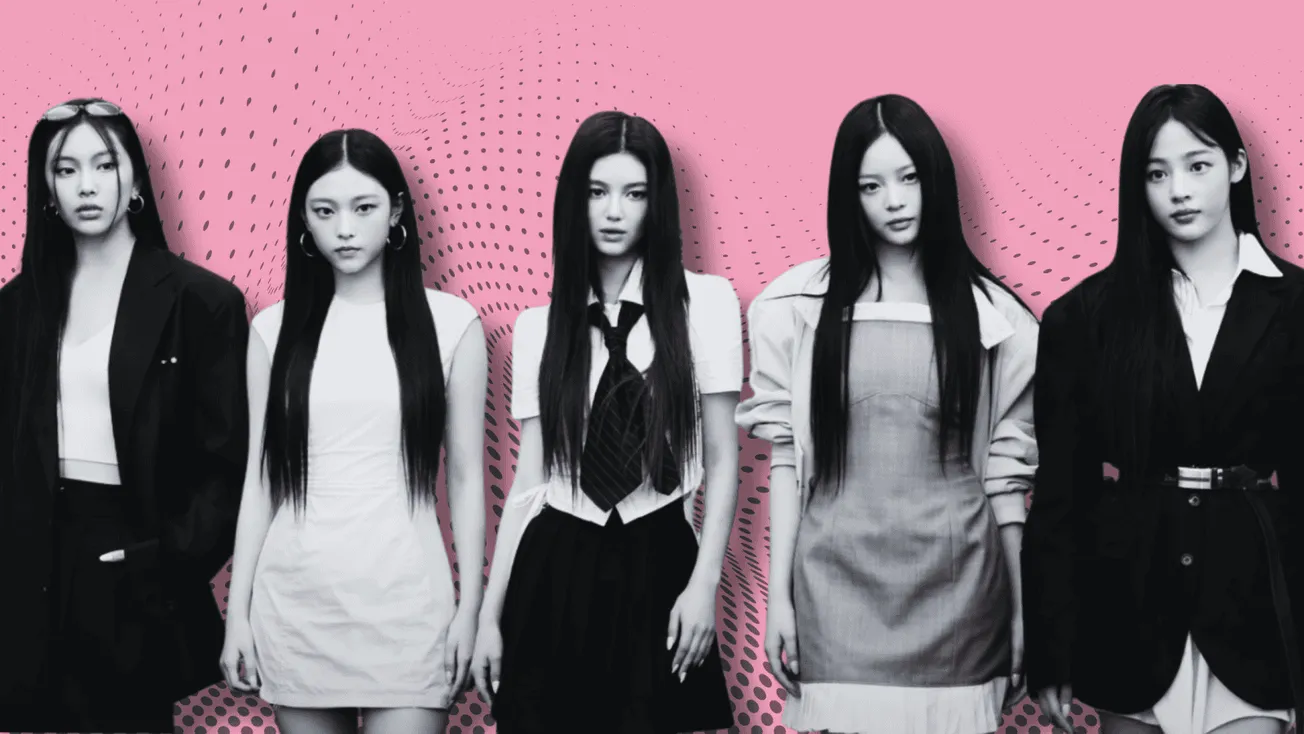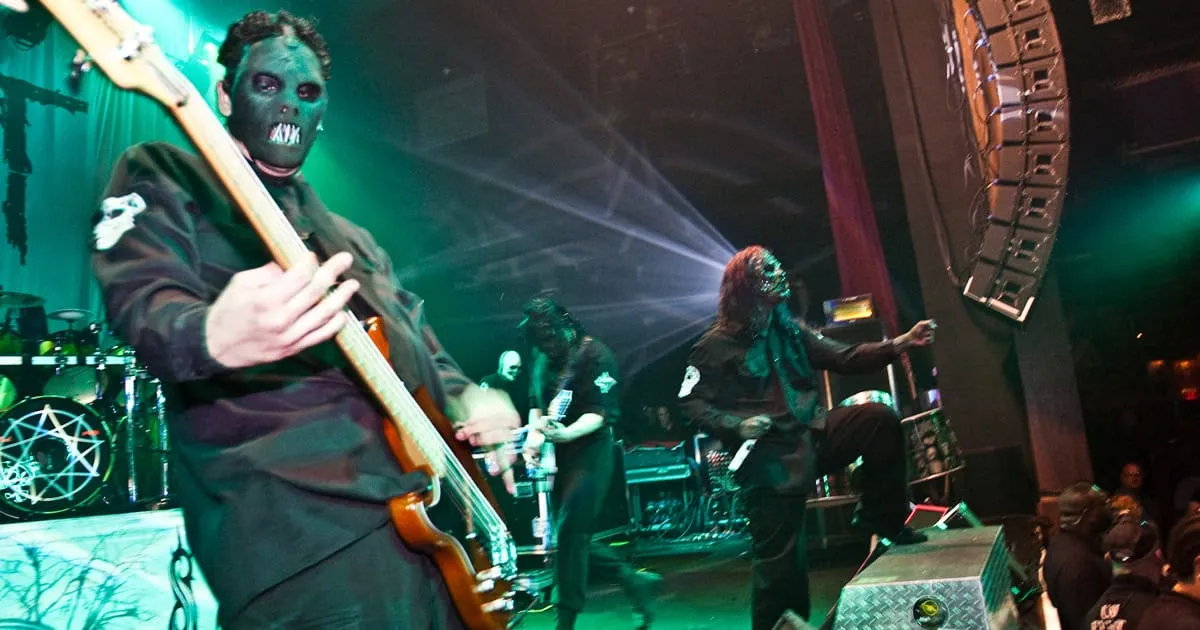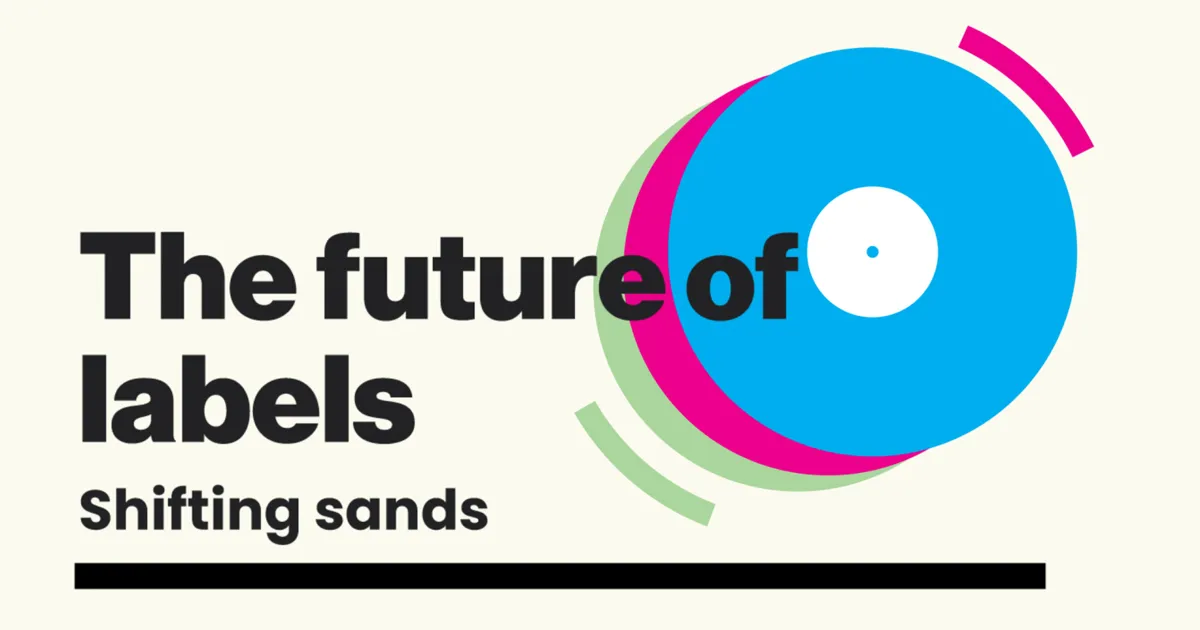Universal Music Group (UMG) CEO Sir Lucian Grainge shared a memo outlining how the world’s largest record label is approaching artificial intelligence (AI) in music. His open letter blends optimism with caution, showing how UMG hopes to lead in generative AI while defending the rights of artists and songwriters.

UMG AI Strategy: Responsible AI in Music
CEO Lucian Grainge positions UMG as a pioneer in developing a responsible and profitable AI ecosystem—one where artists, songwriters, and technology companies can all thrive.
Rather than resisting AI, UMG says it is embracing it as a powerful creative tool. The goal, according to Grainge, is to expand artistic possibilities while ensuring that innovation never comes at the cost of artist consent or intellectual property rights.
UMG Expands AI Partnerships
UMG’s growing network of collaborations includes major tech platforms like YouTube, TikTok, and Meta, along with innovators such as BandLab, Soundlabs, ProRata, and KLAY.
Universal Music Japan recently announced a deal with KDDI to develop AI-powered fan experiences, while Grainge also pointed to Spotify’s integration with ChatGPT as a glimpse into a new era of discovery and monetization.
Through these partnerships UMG will test new ideas across established and emerging platforms to build the next generation of AI music experiences.
Empowering Artists Through Ethical AI
Grainge makes it clear that UMG’s use of AI will always prioritize artist consent and creative control. The company will not license any model that uses an artist’s voice or songs without explicit permission.
This boundary responds directly to the rise of AI deepfakes and unauthorized vocal clones flooding digital platforms. Yet, Grainge is equally optimistic about AI’s creative potential—especially the emergence of Agentic AI, advanced systems that can reason and adapt dynamically.
He envisions AI helping artists reach fans in new ways, creating deeper engagement without diluting authenticity. In short, AI should enhance, not replace, human artistry.
Push for Ethical AI Policies
In his memo, Grainge criticized some AI developers for lobbying governments to allow model training on copyrighted works without consent or compensation – something he calls unauthorized and illegal exploitation.
To combat this, UMG will combine advocacy with action. The company’s Artist-Centric model aims to reduce AI-generated spam and royalty fraud on streaming platforms. UMG has also partnered with SoundPatrol, a company founded by Stanford scientists that uses patented detection tools to identify unauthorized AI use of artists’ work.
UMG AI Strategy shifts from Reaction to Innovation
Grainge’s strategies mirror a broader shift within the music and the entertainment industries: from fear to leadership and from reaction to innovation.
Bruce Houghton is Founder & Editor of Hypebot, Senior Advisor at Bandsintown, a Berklee College Of Music professor and founder of Skyline Artists.
“UMG AI Strategy shifts from Reaction to Innovation” first appeared on Hypebot.com





